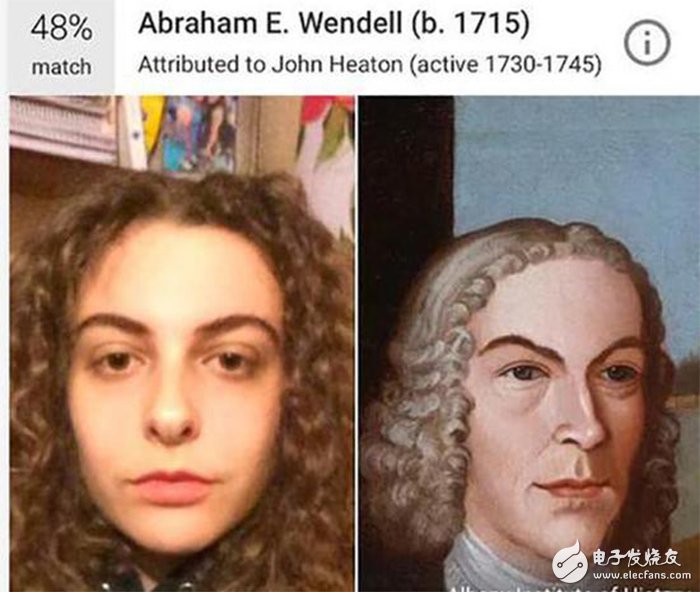Biometric recognition plays a crucial role in AR/VR technology, especially when it comes to capturing life scenes like user self-timers through device cameras. This process has become an essential part of the user experience in immersive technologies.
On February 5, 2018, news emerged that biometric recognition, such as facial scanning for user self-timers, is now considered a key element in AR/VR development. However, with growing concerns over privacy, states like Illinois and Texas have introduced strict regulations regarding the use of biometric data in AR/VR applications. As a result, many companies operating in this space are now facing increased government oversight when it comes to collecting and using user biometrics.

According to recent reports, popular apps like Google's Comparable User Self-Timer and Artistic Paintings, as well as Arts & Culture, were once among the top free apps on Apple AppStore. However, due to the new biometric privacy laws, users in the U.S., particularly those in Illinois, no longer have access to these features. This shows how regulatory changes can directly impact the availability of certain technologies.
So far, Illinois, Texas, and Washington have implemented comprehensive rules governing the collection of biometric data, including retinal scans, fingerprints, voiceprints, and facial geometry. These states have taken legal steps to ensure that user biometric information is handled responsibly and transparently.

In addition, several other U.S. states, including Alaska, Connecticut, Arizona, California, Massachusetts, and New Hampshire, are currently exploring or considering similar biometric privacy laws. Beyond the U.S., some non-EU countries are also working on developing their own regulations or expressing concerns about the handling of biometric data.
In response to these evolving regulations, industry leaders are preparing for new data protection measures, such as the General Data Protection Regulation (GDPR), which was launched in May of this year. AR/VR companies are now rethinking their approaches to handling user biometric data in order to comply with these stricter guidelines and maintain user trust.
Lighting Pole,Outdoor Lighting Pole,Led Lighting Pole,Park Lighting Pole
JIANGSU XINJINLEI STEEL INDUSTRY CO.,LTD , https://www.chinasteelpole.com